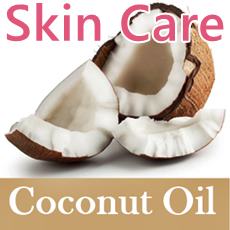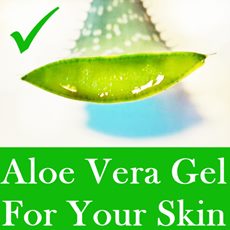Ginger: Uses and Health Benefits
Spice and Botanical for a healthy life
Fact Checked
×All the content published in our website is fact checked to validate its accuracy.
Visit our guidelines web page to learn more about our strict processes regarding how we review our content's sources: reliable and reputable journals, media websites, universities, colleges, organizations, and professionals.
Our articles are based on scientific evidence, and the references are included in its footnotes, which are clickable links to sound scientific papers.
First published: 16.Oct.2023
Overview
Ginger root (Zingiber officinale) has a very long history as a spice; it is a key ingredient in Asiatic cuisine. Its medical properties have been known since antiquity and it forms part of the Indian Ayurvedic and the Chinese Traditional medicines.
In the West, it has been incorporated into foods, as a fragrant and spicy ingredient, and in teas. Western medicine is also studying its antioxidant properties and its potential uses to treat conditions such as nausea, metabolic syndrome, pain relief, cancer treatment, skincare and as an anti-inflammatory.
This article will review its properties, bioactive components, how to consume it, and its potential side effects.
References and Further Reading
(1) Morni Modi; Kalgi Modi, (2022). Ginger Root. NIH. Last Update: November 28, 2022. Accessed: Oct. 15, 2023
(2) Anh NH, Kim SJ, Long NP, Min JE, Yoon YC, Lee EG, Kim M, Kim TJ, Yang YY, Son EY, Yoon SJ, Diem NC, Kim HM, Kwon SW., (2020). Ginger on Human Health: A Comprehensive Systematic Review of 109 Randomized Controlled Trials. Nutrients. 2020 Jan 6;12(1):157. doi: 10.3390/nu12010157. PMID: 3193586.
(3) Ozkur M, Benlier N, Takan I, Vasileiou C, Georgakilas AG, Pavlopoulou A, Cetin Z, Saygili EI., (2022). Ginger for Healthy Ageing: A Systematic Review on Current Evidence of Its Antioxidant, Anti-Inflammatory, and Anticancer Properties. Oxid Med Cell Longev. 2022 May 9;2022:4748447. doi: 10.1155/2022/4748447. PMID: 35585878
(4) Zehsaz F, Farhangi N, Mirheidari L., (2014). The effect of Zingiber officinale R. rhizomes (ginger) on plasma pro-inflammatory cytokine levels in well-trained male endurance runners. Cent Eur J Immunol. 2014;39(2):174-80. doi: 10.5114/ceji.2014.43719. Epub 2014 Jun 27. PMID: 26155120
(5) Rondanelli M, Miccono A, Peroni G, Guerriero F, Morazzoni P, Riva A, Guido D, Perna S, (2016). A Systematic Review on the Effects of Botanicals on Skeletal Muscle Health in Order to Prevent Sarcopenia. Evid Based Complement Alternat Med. 2016;2016:5970367. doi: 10.1155/2016/5970367. Epub 2016 Mar 9. PMID: 27051451
(6) Leelapornpisid P, Wickett RR, Chansakaow S, Wongwattananukul N, (2015). Potential of native Thai aromatic plant extracts in antiwrinkle body creams. J Cosmet Sci. 2015 Jul-Aug;66(4):219-31. PMID: 26665978
(7) Aryaeian N, Mahmoudi M, Shahram F, Poursani S, Jamshidi F, Tavakoli H., (2019). The effect of ginger supplementation on IL2, TNFα, and IL1β cytokines gene expression levels in patients with active rheumatoid arthritis: A randomized controlled trial. Med J Islam Repub Iran. 2019 Dec 27;33:154. doi: 10.34171/mjiri.33.154. PMID: 32280660
(8) E.M. Bartels, V.N. Folmer, H. Bliddal, R.D. Altman, C. Juhl, S. Tarp, W. Zhang, R. Christensen, (2015). Efficacy and safety of ginger in osteoarthritis patients: a meta-analysis of randomized placebo-controlled trials. Osteoarthritis and Cartilage, Vol 23:1, p13-21, ISSN 1063-4584, https://doi.org/10.1016/j.joca.2014.09.024
About this Article
Ginger: Uses and Health Benefits, A. Whittall
©2023 Fit-and-Well.com, 15 Oct. 2023. Update scheduled for 15 Oct. 2025. https://www.fit-and-well.com/diet-food/ginger-uses-health-benefits.html



